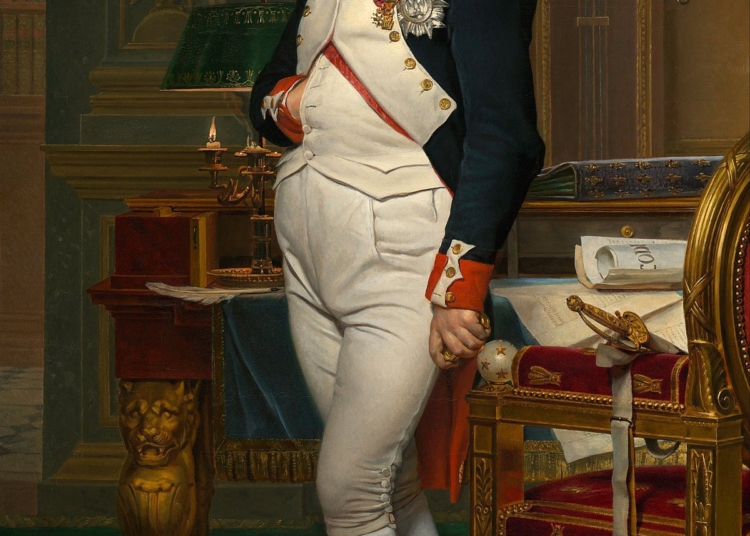Napoleon Bonaparte’s leadership and military tactics have had a lasting impact on European history and military strategy. Known for his strong and charismatic leadership style, Napoleon was able to inspire and motivate his soldiers, leading them to crucial military successes. His innovative military tactics, such as the rapid concentration of forces and the coordinated use of infantry, artillery, and cavalry, revolutionized military thinking and warfare. His conquests and victories during the Napoleonic Wars reshaped the political landscape of Europe and spread the ideas of the French Revolution across the continent. Napoleon’s legacy continues to inspire and influence military leaders worldwide, making him one of the most influential figures in European history.
Napoleon’s Leadership and Military Tactics
Introduction
Napoleon Bonaparte, the French military leader and emperor, is one of the most influential figures in European history. His leadership and military tactics not only shaped the course of European history but also had a lasting impact on military strategy and warfare. In this article, we will explore Napoleon’s leadership style and military tactics and delve into how they influenced the events of his time.
Leadership Style
Napoleon was known for his strong and charismatic leadership style. He was able to inspire and motivate his soldiers, instilling in them a deep sense of loyalty and commitment. He was also a decisive leader, making quick and bold decisions on the battlefield. His ability to lead and command his troops effectively played a crucial role in his military successes.
Military Tactics
Napoleon’s military tactics were innovative and effective, earning him the reputation as one of the greatest military strategists in history. One of his most famous tactics was the use of the rapid concentration of forces, also known as the “maneuver warfare.” This strategy involved moving his troops quickly and decisively to outmaneuver and encircle his enemies.
He also employed the use of artillery and cavalry, using them to devastating effect in battles such as Austerlitz and Jena. His ability to combine infantry, artillery, and cavalry in a coordinated manner set him apart from other military leaders of his time.
Impact on European History
Napoleon’s leadership and military tactics had a profound impact on European history. His conquests and victories during the Napoleonic Wars reshaped the political landscape of Europe, drawing borders and shaping nations. His military successes also spread the ideas of the French Revolution, such as nationalism and liberal reforms, across the continent.
Furthermore, Napoleon’s tactics and strategies revolutionized military thinking and warfare. His use of massed artillery, rapid movement, and battlefield flexibility became the foundation for modern warfare. Many of his tactics are still studied and emulated by military leaders and strategists today.
Conclusion
In conclusion, Napoleon’s leadership and military tactics played a pivotal role in shaping the course of European history. His innovative strategies and bold decision-making not only secured his own place in history but also left a lasting impact on military strategy and warfare. His legacy as a military leader continues to inspire and influence military leaders worldwide.













